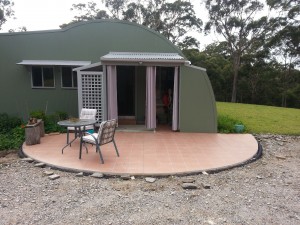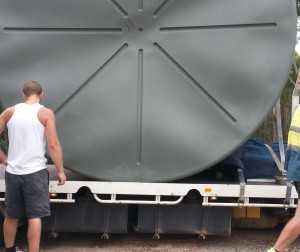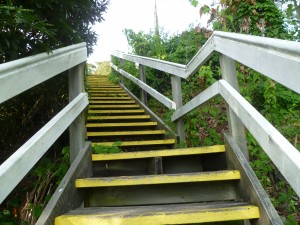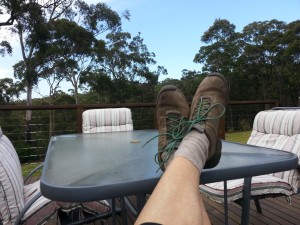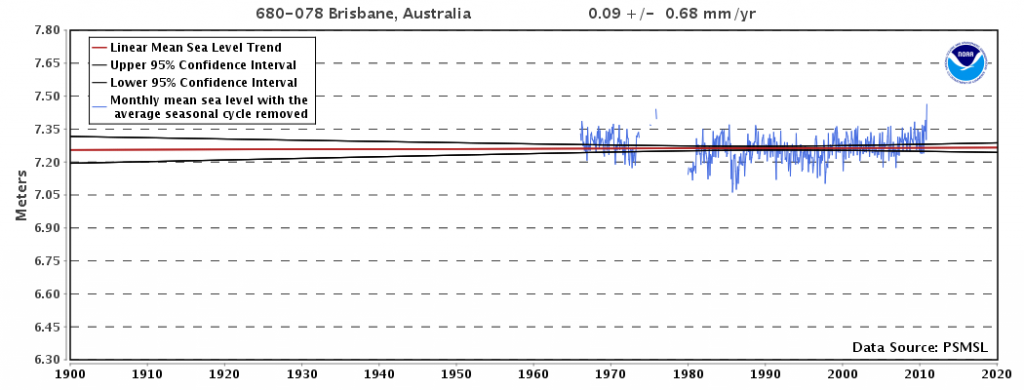I’ve been shocked and disgusted by the racism incorporate in the reaction to the Hepatatitis A contaminated frozen berries sold by Nanna’s and used as a weapon by those seeking to advance restrictive trade practices.
While plenty were keen to accuse John Howard of allegedly “dog whistling” to racists through his tough on illegal entrants campaign, how would you describe the campaign against the frozen berries imported from China if not as “dog whistling”?
There is a confluence of interests. Old school protectionists and agrarian socialists want to protect Australia’s agriculture against overseas imports, and non-tariff methods, such as quality controls, are an old favourite.
And the green left just hate free trade agreements.
But neither side can just come out and say this. Under WTO rules you can’t just slap on protection because you feel like it, either to allow you to jack up domestic prices, as per the producer organisations, or to destroy free trade agreements, as per the left.
So you whistle up the dogs and get them upset because these are imported berries, and if they weren’t imported then Hepatitis A wouldn’t be an issue.
If you listen to the Buy Australian crowd, merely buying Australian guarantees you won’t get ill, so labelling becomes not just a matter of information, but a health imperative.
Let’s put aside the fact that Australia’s rural industries don’t actually produce the number of berries that we consume.
Where is the proof that Australian products are inherently safer? And if they aren’t, isn’t the argument based on a stereotype of overseas products that is inherently racist?
Afterall, lots of imported products have high cachet – how many cars, let alone prestige cars do we produce domestically? And when was the last time someone called for clearer labelling of imported cars from Germany just because one of their products had to be recalled, or implied that the problem with the car was that it wasn’t made in Australia?
So what is the problem with foreign produced berries, except they come from a part of the world that some of us have a problem with because they are not like us (well those of us of European extraction)?
If you Google “food poisoning cases australia” you will find any number of examples of poor health and hygience from Australian products, particularly restaurants. In fact apparently Salmonella poisoning is on the rise.
There are probably no statistics on the comparative risks between domestic and imported food in this regard, but it might be the case that an “Australian Made” label could be a warning that this product might be unsafe too.
Probably as unsafe as imported berries.
But not in the world of dog whistling, where the fact that foreigners, of an Asian character, have touched this product is enough to make it suspect. That’s why we need the labelling.
And if callers to talk back radio are to be given any credence, not only with respect to berries, but farmed fish and everything else that comes from Asia.
In another complication, it might not be that the berries in question came from China at all. As the SMH reports, the berries are sourced from China and Chile. I know they both have five letters, start with “Ch” and end in a vowel, but they have quite different ethnic origins.
Could the reason Chile doesn’t get a mention be because they are well, European, like us?
Meanwhile, the left plunges on accusing others of racism with the most recent charge from Brisbane’s resident savant manque John Birmingham, who claims that we don’t care about the impending executions of Andrew Chan and Myuran Sukumaran because we are racist.
Is he serious? At the same time as others of his confreres on the left are berating Abbott because he’s been too strong in his approach to the Indonesians?
There was an element of dog whistling in Howard’s attitude to refugees, as well as hard-edged practicality. I wasn’t afraid to call that in 2001.
But Howard’s policies were necessary, and were always going to appeal to racists not because the measures were racist, but because racists were likely to find them comforting. You can’t help that.
And I’m going to call the dog whistling now, and I’m calling it as far worse than Howard’s.
At the same time as Howard was tough on illegal entrants he ran an expansive and entirely colour blind immigration policy.
These dog whistlers aren’t attracting racists mostly inadvertently through a colour blind policy. They are attracting them by targeting the very races they disapprove of.
